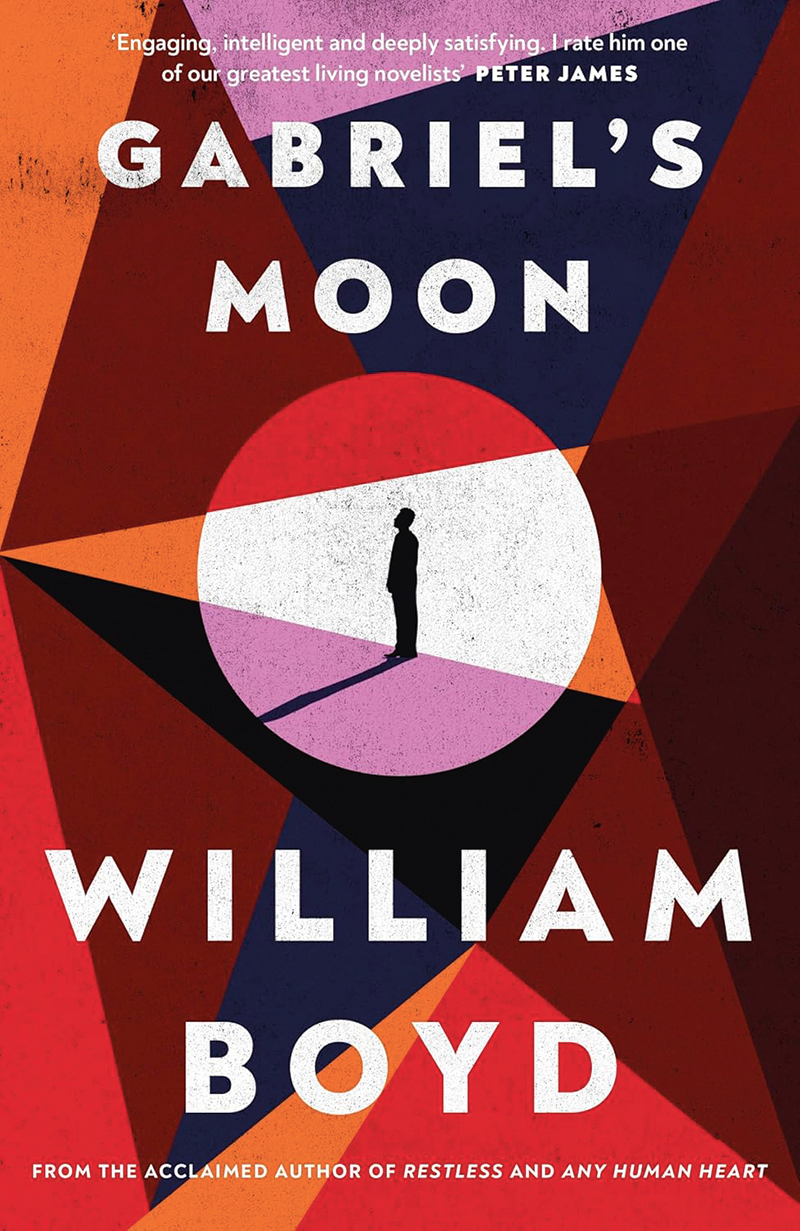One of the most successful writers of his generation, William Boyd’s new novel is ostensibly a typical spy thriller. Yet he is not really a writer of spy thrillers, and Gabriel’s Moon is about more than sexual espionage and drinking stiff drinks in the hushed bars of foreign capitals – not to deny that there’s plenty of that. It’s really about the Cold War, and about independence. And it really is still as good a read as the rest of his continent-crossing, rollicking fiction.
Gabriel Dax is a troubled person, troubled by the brutal deaths of both his parents during his childhood, and the psychological effects of their brutality. The house fire from which he miraculously escapes is blamed on the eponymous moonlight candle he kept in his childhood bedroom. Boyd gives this away at the very beginning of this novel, but it retains a metaphorical power and poignancy throughout, and points to a crucial joy in his storytelling.
Although Dax is something of a bon vivant who revels in all the usual accoutrements of a fictional journalist-cum-spy, he is just as much an interesting test-case of mid 20th century English reticence. Boyd is able to combine the more obvious character traits with a more compelling and involving reason for us to keep reading. This is not a rehash of his James Bond writing. It’s just as much the edge-of-your-seat stuff, but perhaps for more interesting reasons.
The novel’s plot is based on its first two scenes: the house fire and Dax’s interview of the ill-fated prime minister of the newly independent Democratic Republic of the Congo, Patrice Lumumba. Assassinated in 1961 by political opponents including the colonial Belgians, Lumumba has long been seen as a victim of American realpolitik conniving. Dax, and the reader, know that he has become enmeshed, but not why this interview was so crucial.
- Damian Lewis and Guy Pearce on Kim Philby drama: ‘You can have a lot of fun in the spy genre’
- I spy a new John Le Carré novel – well, almost
The hidden reasons why his short conversation with a dead former prime minister of a faraway state is so important is the driving power of the novel and lights up all the more traditional characters we meet: the alluring and enigmatic Faith Green, the silent brother Sefton and the recalcitrant mice who keep on invading Dax’s flat from the start. In a spy novel, the mice would play a crucial part in the denouement. In Boyd’s, they are purely a recurring pestilence. Somehow it’s more interesting that way.
Not everything holds together perfectly; in fact, William Boyd’s storytelling is so good that it feels this novel could do with a fair few more pages to tie it all together. It doesn’t quite have the same decade-swooping reach of some of his others. The Cuban Missile Crisis – the main point of historical reference – gets scant treatment. But for enjoyment, intelligence, and acerbic, trenchant looks back into the last century for some real escapism, there may be few around who beat it.










